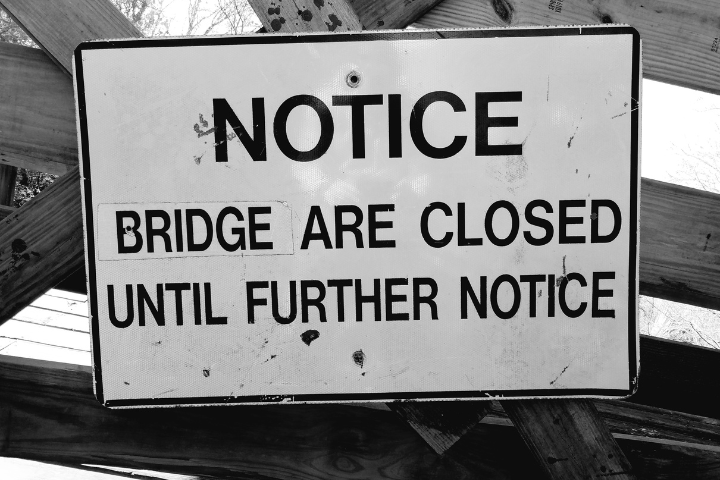
Report Writing at Its Best
Do you ever find yourself staring at a blank page, unsure of where to start or how to make your report clear and concise? Have you ever spent hours writing, only to feel like your message still isn’t coming across the way you want it to? Report writing can be frustrating and time consuming. Many professionals struggle with information overload, unclear organization, and difficulty highlighting key points. Without a clear plan, reports can become unfocused, overly detailed, or hard to follow.
When reports are poorly written, the consequences can add up. Unclear or disorganized content often leads to miscommunication, delays, and missed information. If key points are buried in detail or important facts are left out, readers may struggle to find what they need. This creates frustration and slows down decision-making. A report lacking structure can also affect how your message is received and reduce credibility. Clear, well-organized reports support better communication and help people take action.
This workshop offers practical strategies to take control of your report writing, making the process more efficient and effective. Through hands-on exercises and real-world examples, you’ll develop the skills to confidently structure reports, ensuring clarity, readability and impact. You’ll explore a report-writing process to help you determine the type of report needed and how to conduct a reader analysis. Additionally, you’ll also look at how to manage large amounts of information, organize reports logically, and present content in a clear and engaging way.
Using these strategies, you’ll create well-structured reports that improve decision-making and productivity. Strong report-writing skills will help you communicate more effectively and enhance your professional image as a clear and confident communicator.

- Identify the purpose, audience, scope, and key message of your reports.
- Organize and structure reports with clear introductions, logical flow, and strong conclusions.
- Present data in context using charts, graphs, and tables to support understanding and key messages.
- Write with clarity, conciseness, and precision by using specific language, avoiding absolutes, and distinguishing fact from opinion.
- Strengthen your writing by using active voice, reducing buried verbs, and choosing specific language.
- Format reports professionally using layout and design best practices to improve readability.
- Edit and proofread reports to remove errors, refine word choice, and improve overall quality.

This workshop is for professionals who write reports and want a more efficient and focused approach. Whether you're just getting started or refining skills you’ve used before, you’ll learn how to write with more clarity and confidence.
You should attend if you
- Struggle to get started or organize your ideas when writing reports
- Find it difficult to present complex information in a clear and engaging way
- Spend too much time writing and still feel your message isn’t getting through
- Want to learn strategies for improving flow, structure, and readability
- Need to write reports that support better decision-making and prompt action
- Work in a role that requires written communication of findings, recommendations, or data, such as administration, policy, program management, or technical fields
By attending this workshop, you’ll learn how to write reports that support better decisions and help people take action. You’ll also strengthen your communication skills and build credibility in your written work.

This workshop is built around guided writing practice, structured editing, and peer feedback. You’ll work through report examples to explore how layout, structure, and word choice affect readability. As you apply new techniques to your own writing, you’ll move between independent editing, group discussion, and real-time reflection. Activities are designed to help you examine your habits, try out alternatives, and make small adjustments that lead to stronger, clearer documents.
You’ll also receive a workbook with editing tools, structure templates, and checklists to support your writing after the session.
Workshop activities include
- Determining key elements of a report (scope, purpose, situation) through inquiry-based activities and sample analysis
- Planning and outlining content for specific audiences
- Applying layout and structure conventions for different report types
- Editing for specifics, conciseness and length
- Editing for fact vs opinion
- Receiving facilitator feedback
- Creating a personal action plan
- Completing a proof-of-learning assignment




